LENA (Language ENvironment Analysis) is a national nonprofit on a mission to transform early childhood education.
⬤
LENA Grow
offers evidence-based professional development for early childhood educators.
⬤
LENA Start
builds school readiness and strengthens families with parent-group classes.
⬤
LENA SP
offers reliable, detailed language environment data in research and clinical applications.
LENA has crosswalks with Head Start, CLASS, The Pyramid Model, ZERO TO THREE, and more!
Whether you're with a school district, CCR&R, state agency, library, university-community partnership, public health initiative, or any other organization dedicated to improving early childhood outcomes, we want to help you put your organization on the LENA map.
Partner success stories and research findings in North Dakota and beyond.
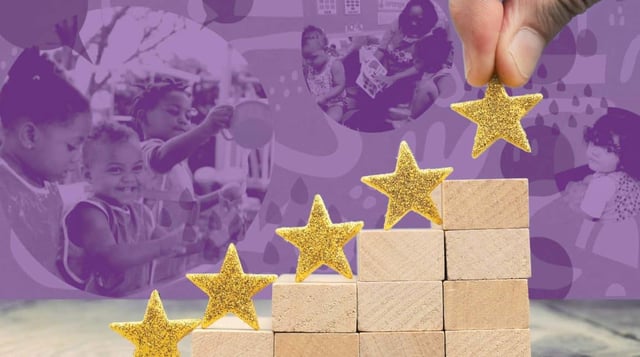
Approximately one in four children experiences very little adult-child interaction, even within classrooms at centers that have achieved the highest QRIS rating possible.
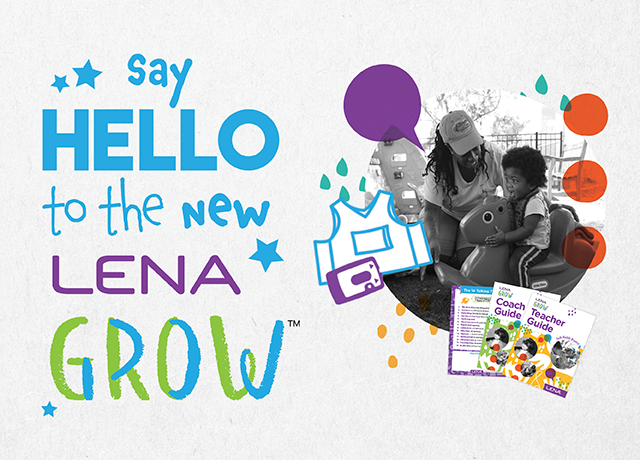
LENA Grow is designed to make every interaction count in early childhood education. The new enhancements make it easy, inclusive, and equitable.
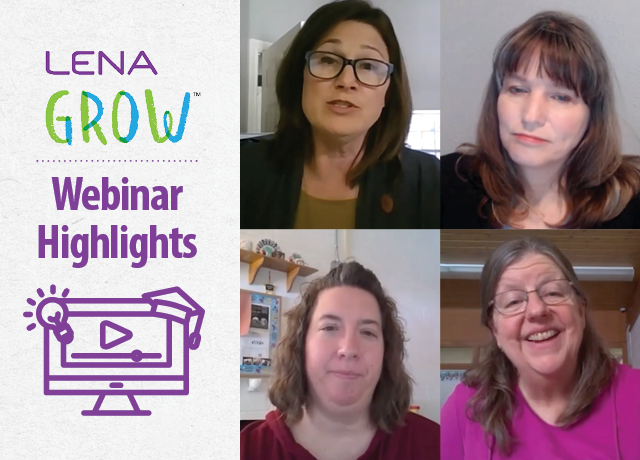
Highlights from a webinar where we hear directly from a teacher, coach, and administrator using LENA Grow.
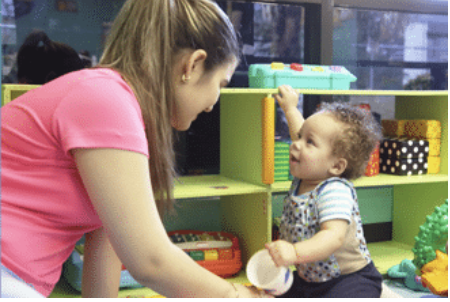
While we’ve long known about the importance of early adult-child interactions, a research focus on children’s language experiences in child care classrooms has been long overdue.
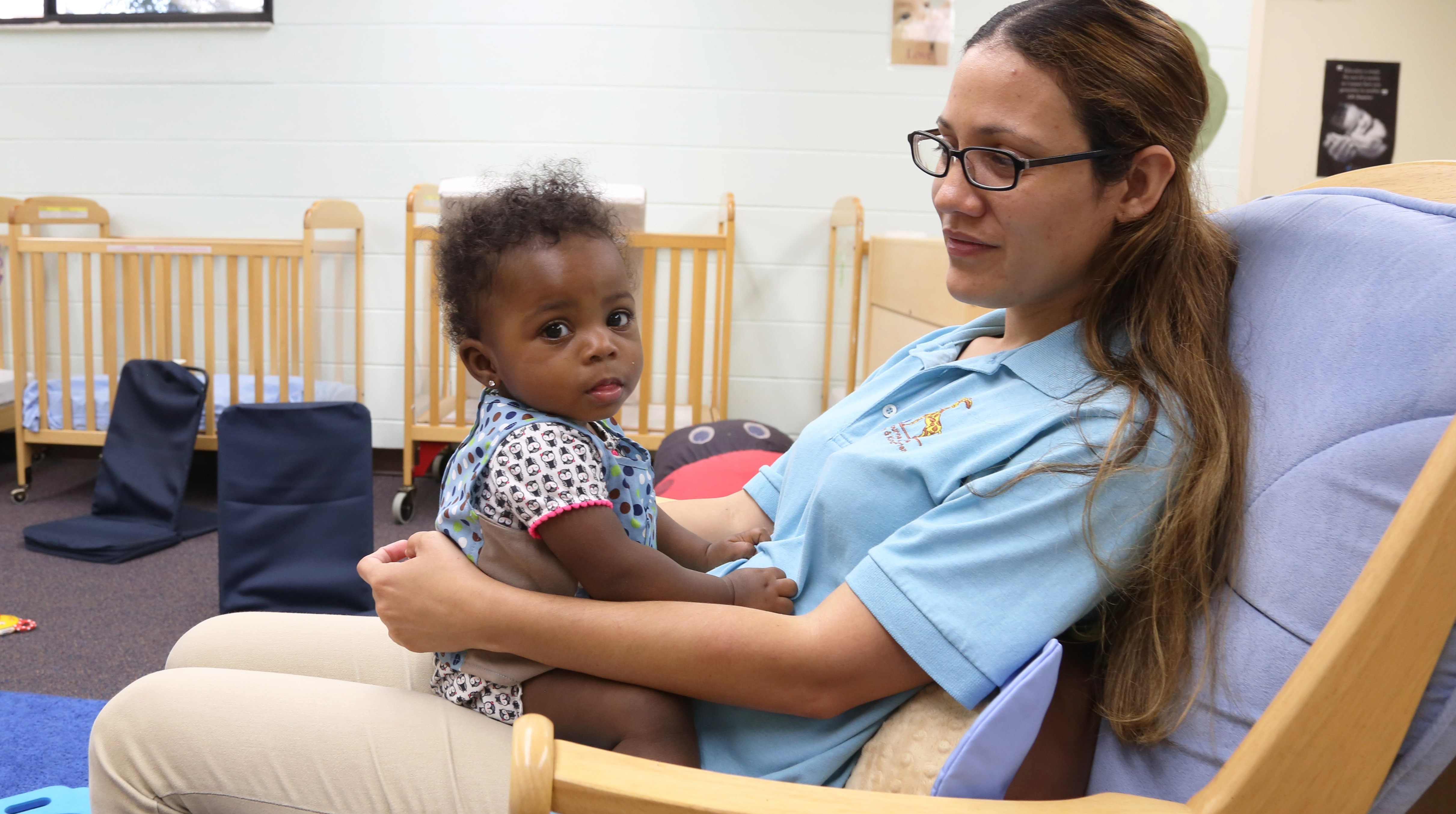
Many previous studies have drawn connections between the quantity of back-and-forth interactions in early childhood and later linguistic and cognitive skills. Importantly, newly published research conducted in Chile has taken a novel direction, determining that infants’ language environments predict their socioemotional skills one year later.
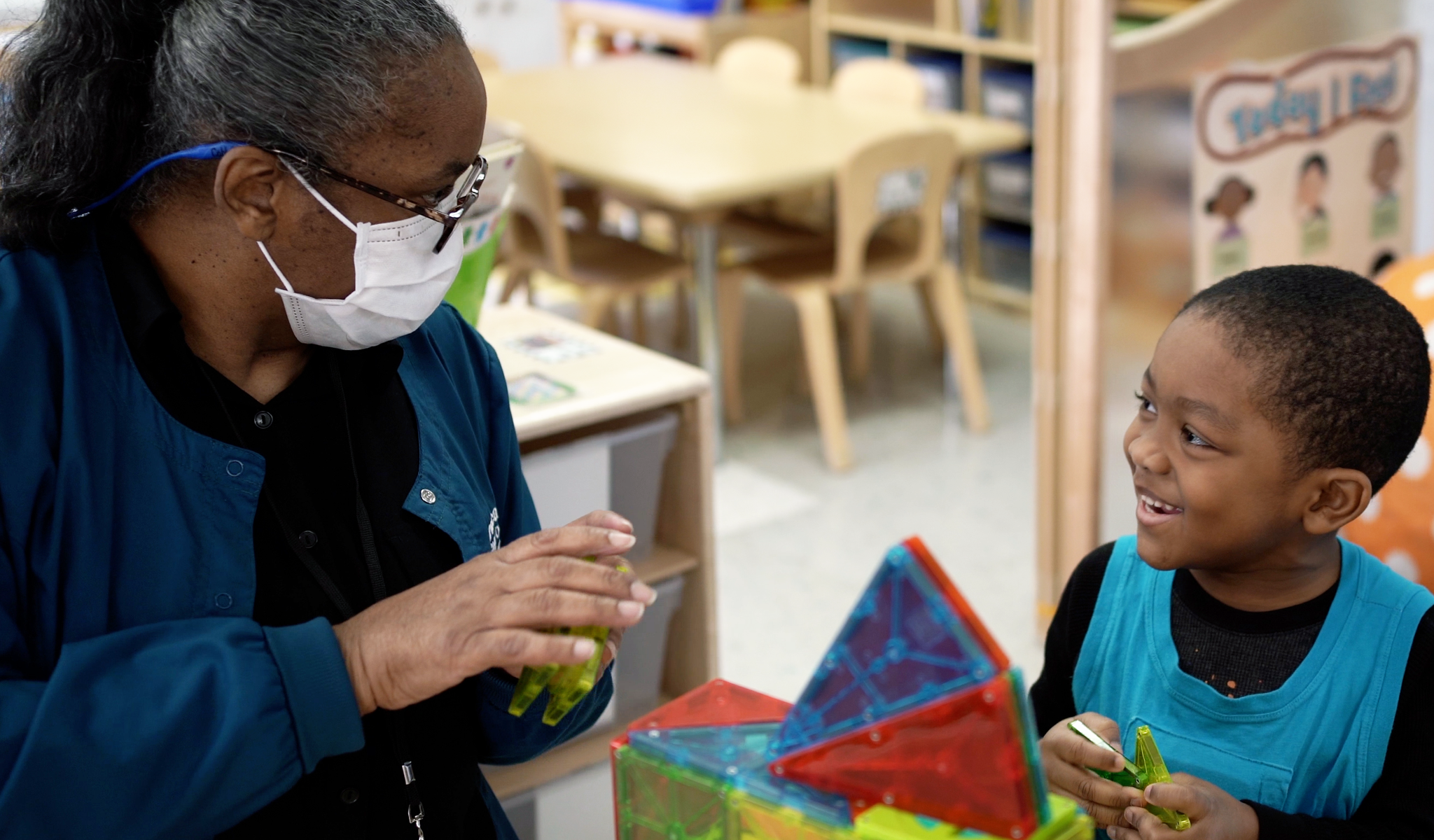
Being an early childhood educator has always been challenging, but it seems to be getting harder. Crashing into yet another COVID wave in 2022, retaining staff and making them feel valued is top of mind. Yet, more often than not, we forget to ask the most important stakeholders of all: the teachers themselves.